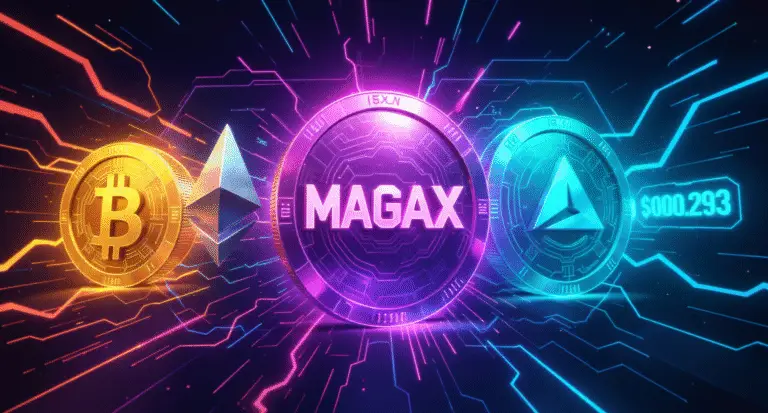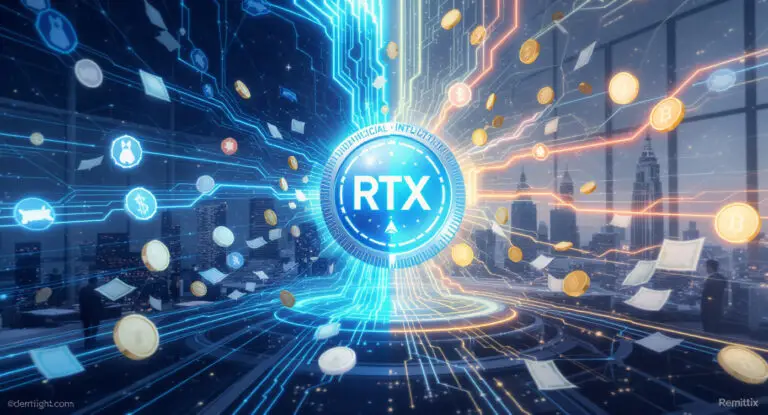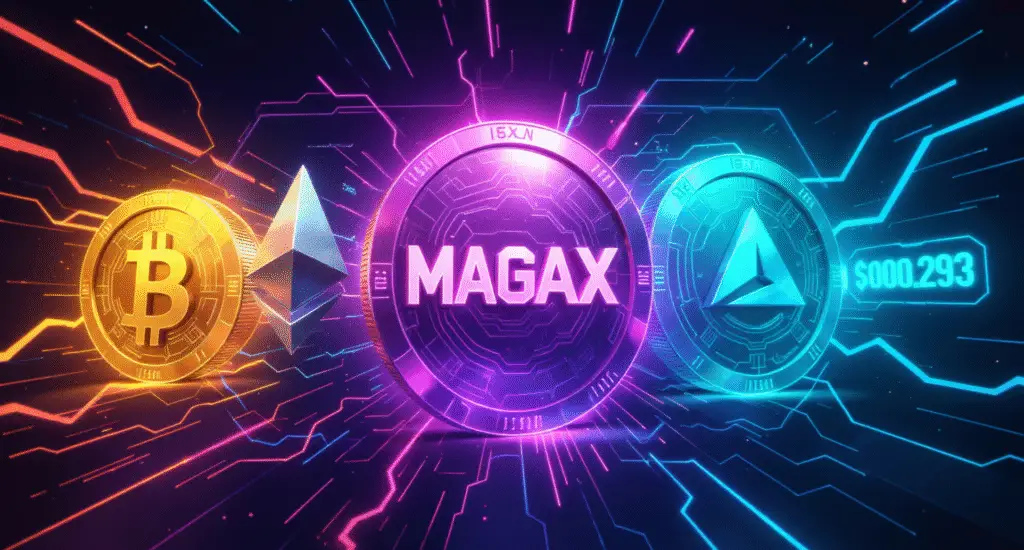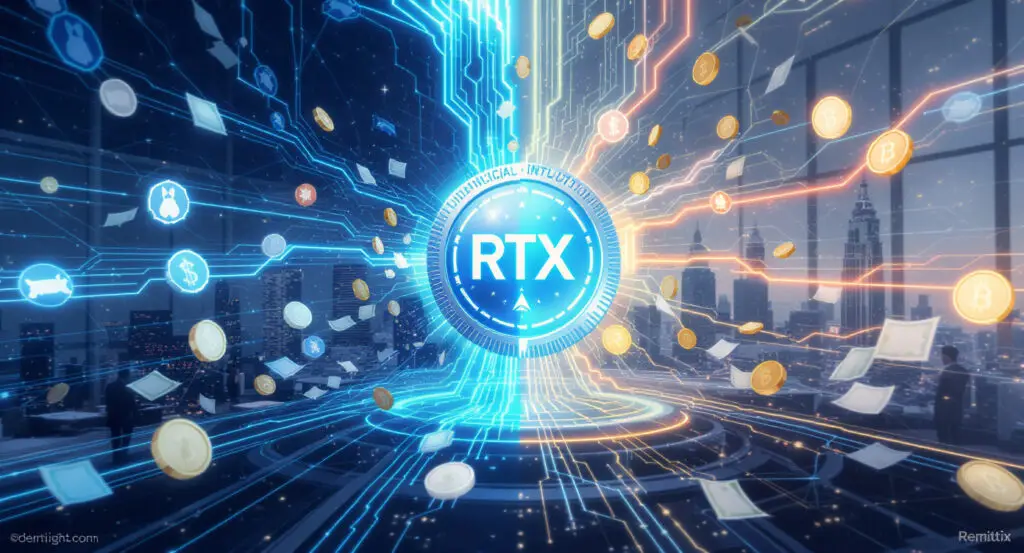The Bank of Ghana (BOG) has made a concrete policy evolution by announcing a clear date for the regulation of cryptocurrencies and their associated activities. Especially the service providers. During a public address, the head of the institution, Johnson Asiama, noted that the Bank of Ghana will endeavor to begin regulation on these digital assets and services by the end of September 2025. However, this date relies on one critical legislative event: the enactment of the Virtual Asset Providers Act.
Asiama made the announcement while in Washington, D.C., which serves as a powerful podium for the BOG’s intentions, perhaps during talks concerning international commerce and economic partnerships. His comments bring out the significant shift in the central bank’s attitude towards cryptocurrencies. In this regard, he pointed out that the BOG is in the process of setting up a special unit for digital assets. This action represents a change in the central bank’s formal stance that this technology is not simply a flash in the pan, but in his words, “something substantial which cannot be prevented.”
A Change from the Historical Approach
The current position stands in direct contradiction with the Bank of Ghana’s more conservative approach to dealing with cryptocurrencies. In 2018, the BOG dealt with the public by issuing a notice that expressly stated cryptos are not acknowledged under the laws of Ghana. The notice also contained a very strong caveat on use, bearing an attitude of reluctance and wishing to mitigate public interaction with digital assets for largely perceived risks and absence of legal endorsement at the time.
The intention to actively oversee regulating digital assets, including creating a specialized unit for them, indicates a shift in perspective within BOG. It implies an understanding that trying to ignore or prevent attempts to block the technology or ignore the technology is not a plausible strategy in the long run and that regulation is required to control the risks that come with cryptocurrencies while potentially utilizing the advantages they may offer. The development of a separate unit suggests the central bank has dedicated particular resources and specialists to track and manage this intricate, multi-faceted, and fast-changing environment.
The Path Forward: Legislation is Key
In September 2025, it is regulated that the Providers of Virtual Asset Services initiated the announcement of legislation that will permit Section 7 of the Policies to remain valid. The Bank of Ghana can then step forward, as outlined in the announcement. This virtual assets regulation policy is expected to be legal and will allow the Bank to go to Goahr formally. BOG is likely not to be able to control guidance without monetary restrictions on the economy of the state provided by the yet-to-be-enforced Act.
The timeline thus places time-sensitive reliance on the legislative step towards the regulatory BOG set covenant. Prior development signaled towards this goal, while Wiafe expressed reason for preparing, enabling crypto. Tes incremented, disregarding Governor Governor’s post-mega-policy announcement. Few funds for fulfilling the suggested target were kept by the executive.
Overview of Financial Strategy
To govern policies concerning cryptocurrencies and blockchain technology, Asiama explained them to the cabinet. He was also cited as considering ways to improve trade and investment relations of Africa with the United States on broader terms. These traits include “macroeconomic credibility,” “strategic autonomy” on finances, “financial system resilience” to shocks, and “risk mitigation,” among others.
The flexibility around the focus of cryptocurrency regulation as well as the set strategies indicates that digital asset management is a part of the Bank of Ghana’s approach in sustaining the financial system’s credibility and balancing global trends. To promote active engagement and mitigate risks in day-to-day unregulated transactions, the central bank expects to reduce financial sector regulations or increase activity controls.
The shift supports set criteria to construct an augmented financial system that sustains increased investment inflow even while being innovative under specified boundaries. Movement from a risk-averse stance to a proactive approach illustrates a controlled manner in which an ‘inevitable’ technology would be adopted into the banking landscape and directed by the central bank.















